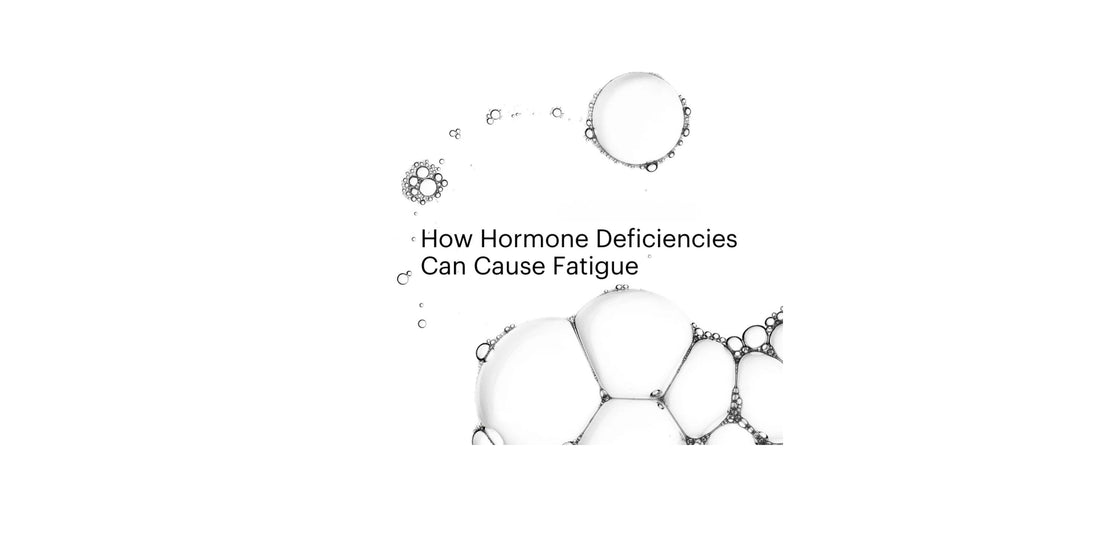
How Hormone Deficiencies Can Cause Fatigue
Alannah ConnealyHow Hormone Deficiencies Can Cause Fatigue
Energy levels are a profound indicator of our overall health. Energy is the force that fuels our lives, and when fatigue takes over, it signals that something might be interfering with our health and potential. One of the main causes of fatigue is low hormone production — hormone deficiencies can lead to feelings of exhaustion, depression, anxiety, and more.
Here are three hormone deficiencies commonly linked to fatigue:
-
Thyroid
Low thyroid hormone levels are strongly associated with fatigue because the thyroid regulates energy production in the body. A major symptom of hypothyroidism (underactive thyroid) is cold hands and cold feet. Thyroid hormones energize tissues and increase basal body temperature. Energy and thyroid function are intricately connected — if you’re constantly tired and cold, think thyroid. -
Pregnenolone
Pregnenolone deficiency can reduce steroid synthesis since pregnenolone is a precursor to both progesterone and DHEA. Studies have shown that pregnenolone supplementation can improve fatigue. For example, a study on volleyball players found that “oral pregnenolone administration of 100 mg/day delayed fatigue,” positively impacting recovery after intense training (Elsayed, 2018). -
DHEA/DHEA-S
DHEA-S is linked to memory, stress, anxiety, sleep, and depression. One study found that DHEA supplementation in patients with Chronic Fatigue Syndrome resulted in:
-
21% reduction in fatigue
-
35% reduction in anxiety
-
18% reduction in pain
Addressing hormone imbalances is a cornerstone of true health and vitality. To start your hormone and health journey, head to the link in bio.


